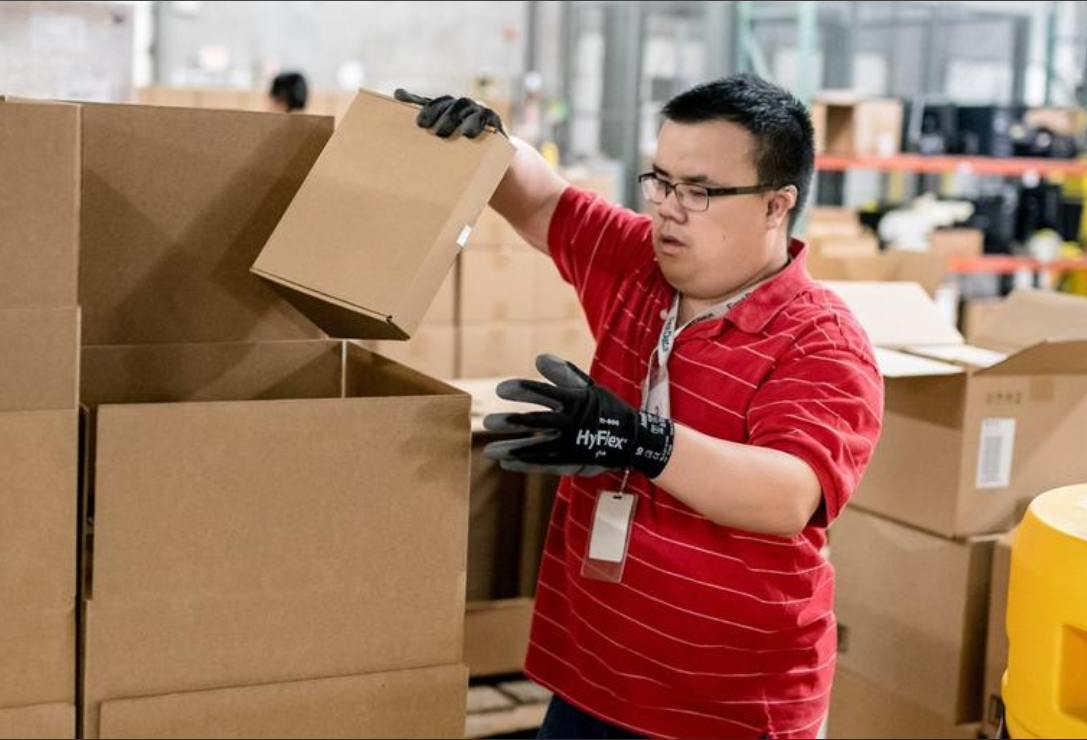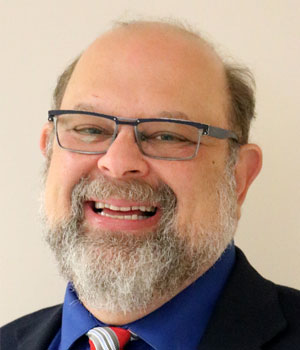Q&A with disability employment experts in Georgia: what employers should know
 Employees with disabilities becoming our colleagues, bosses and employees matters because they represent a largely untapped workforce.Employment is a critical part of people’s lives – and that includes people with disabilities. Society, its publicly funded services and our communities and businesses should commit to supporting any person with a disability who wants to work.
Employees with disabilities becoming our colleagues, bosses and employees matters because they represent a largely untapped workforce.Employment is a critical part of people’s lives – and that includes people with disabilities. Society, its publicly funded services and our communities and businesses should commit to supporting any person with a disability who wants to work.
Below, Eric Jacobson, executive director of the Georgia Council on Developmental Disabilities (GCDD) and Kate Brady, deputy director for GCDD, share their insights on hiring, retaining and supporting employees with disabilities.
How is disability defined? Why should it fit into an organization’s diversity and inclusion initiatives?
Jacobson: Disability can present in many different ways. For example, a developmental disability is lifelong disability that begins before the age of 22. It significantly impacts a person by affecting learning; communication; mental and behavioral health; mobility; and/or other aspects of daily life.
People with disabilities are our neighbors, family members, colleagues and friends who, like all of us, rely on a safe and supportive world around them to thrive. Disability intersects with all other identities, including race, ethnicity, gender, sexual orientation, age and more.
Why is hiring employees with disabilities important?
Brady: Employees with disabilities becoming our colleagues, bosses and employees matters because they represent a largely untapped workforce. Inclusion of this diverse workforce segment makes sense in an ever-changing economy, which stands to benefit from the opportunity to innovate and acknowledge the value of people with developmental disabilities in the workforce.
 Eric Jacobson, executive director of the Georgia Council on Developmental Disabilities (GCDD)
Eric Jacobson, executive director of the Georgia Council on Developmental Disabilities (GCDD) Kate Brady, deputy director for GCDDWhat is competitive, integrated employment?
Kate Brady, deputy director for GCDDWhat is competitive, integrated employment?
Jacobson: Competitive, integrated employment is defined in the Workforce Innovation and Opportunities Act (WIOA) as “full or part-time work at minimum wage or higher, with wages and. benefits similar to those without disabilities performing the same work, and fully integrated with co-workers without disabilities.”
How can an organization keep disability in mind?
Brady: There are many tools for recruiting, hiring and retaining employees with disabilities. For example, supported employment is a tool that employers can use to include disability in their diversity and inclusion efforts.
Supported employment services include ongoing supports to help people with disabilities find and keep meaningful employment. Supported employment services should always elevate job-seekers’ strengths and meet employers’ needs.
Does including employees with disabilities in the workforce benefit the economy?
Jacobson: Increasing supported employment services is fiscally responsible. Through supported employment, people with disabilities can live full and productive lives while contributing to the economy. In fact, for every dollar put into supported employment programs in Georgia, taxpayers gain $1.61 in benefits.
How can business leaders learn more about supporting employees with disabilities?
Brady: Housed at the Institute on Human Development and Disability at the University of Georgia, the Advancing Employment Technical Assistance (TA) Center seeks to improve employment supports and outcomes for individuals with disabilities who want to work.
Learn more about the benefits of hiring, retaining and supporting employees with disabilities: https://gcdd.org/keepe1st.
The Georgia Council on Developmental Disabilities (GCDD) is a state leader in advocating alongside people with developmental disabilities. We advance social change, public policy and innovative practices that increase opportunities for individuals with developmental disabilities and their families to thrive where they live, learn, work, play and worship.
The article appeared in the Altanta Business Chronicle on 12/1/2020.
